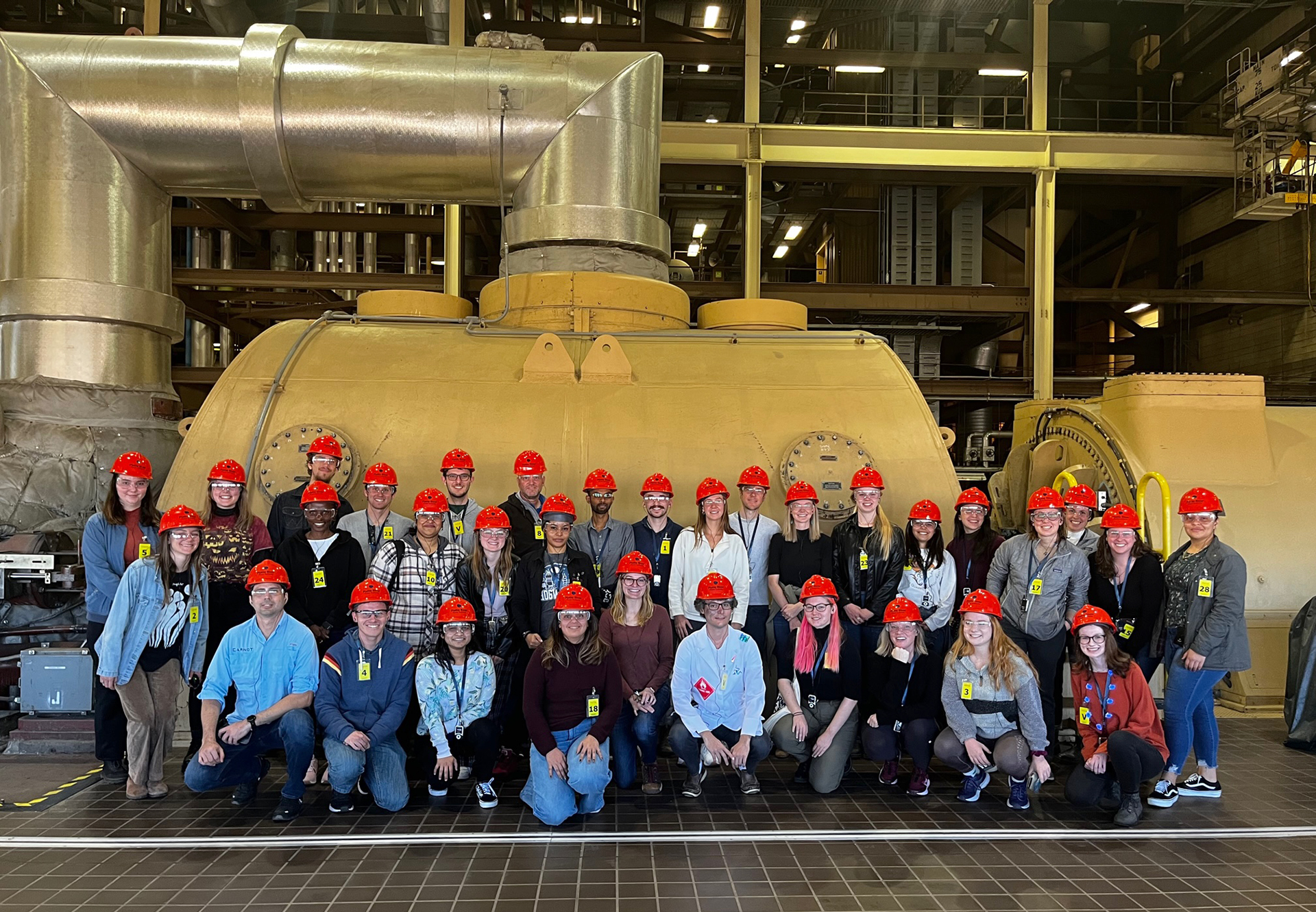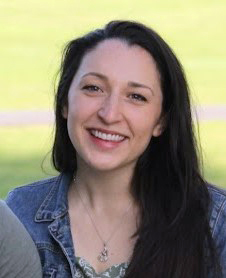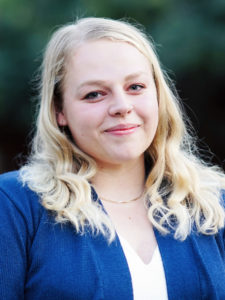
Microsoft President Brad Smith said in November that businesses will fail to achieve climate change pledges without more sustainability training. Thousands of companies have vowed to cut their carbon dioxide emissions, but Smith warned that there’s a shortage of employees who are trained in skills like carbon accounting.
“We have to move very quickly to start to bring our emissions down, and the ultimate bottleneck is the supply of skilled people,” Smith said, according to a Reuters report.
Colorado State University’s Department of Ecosystem Science and Sustainability has been training sustainability leaders in carbon management since 2015. The department offers a professional science master’s degree as well as a certificate program in carbon management.
“The world is changing, and there’s a great desire to track greenhouse gas emissions so that we can more effectively manage them,” said Richard Conant, a soil biogeochemist and department head of Ecosystem Science and Sustainability. “Demand for students who can do these kinds of things is off the charts.”
And demand is growing. The Securities and Exchange Commission proposed new rules last year that would require publicly traded companies to disclose their greenhouse gas emissions. The SEC climate rules are expected to be finalized sometime this year.
The department’s professional science master’s degree grew out of its master’s in greenhouse gas management and accounting program, started in 2015, but CSU’s history and leadership in carbon management are long-standing and world-renowned, Conant said.
Keith Paustian, a University Distinguished Professor in Soil and Crop Sciences, and Stephen Ogle, a professor of Ecosystem Science and Sustainability, served as lead authors on the Intergovernmental Panel on Climate Change’s guidelines for national greenhouse gas inventories. Ogle also leads the national inventory of greenhouse gas emissions for agricultural lands, which the federal government reports to the United Nations. The inventory is instrumental for climate change mitigation policy and negotiations. Paustian and Ogle were recognized when the IPCC shared the 2007 Nobel Peace Prize with Al Gore for its efforts to measure and counteract climate change.
“Our long history of understanding greenhouse gas emissions – particularly from the more complex systems in which greenhouse gases are emitted from land, like agriculture – that expertise is pretty novel and not replicated anywhere else,” Conant said.
Program partners

The department launched its professional science master’s degree in Fall 2021. The Chevron Corporation contributed $20,000 for four scholarships awarded in Fall 2022 and has committed to supporting four more scholarships in Fall 2023.
Students can choose from three different tracks: carbon management, water resources or sustainable food systems; and the program can be completed in as few as three semesters. Each candidate also completes a four-credit internship to gain experience applying their skills before transitioning into a professional position.
Students in the carbon management track learn the technical skills needed to do greenhouse gas emission accounting and how to develop GHG accounting systems. They also learn about current and emerging policies and the tradeoffs among carbon, nitrous oxide and methane.
“We’ve partnered with units across campus to create new courses and expose students in a variety of disciplines to the latest thinking on carbon management,” Conant said. “Students go on to do all kinds of interesting things for both their internships and employment.”
One alumnus of the program, Ben Robinson, interned with the United Nations Framework Convention on Climate Change. Robinson is now a senior associate at HXE Partners, a consulting firm that specializes in sustainability, where he has hired two interns and one full-time employee from CSU’s program.
The department has partnered with several organizations that provide paid internships tailored to students’ interests. Graduates have been hired by the American Carbon Registry, The Climate Trust, City of Fort Collins, State of Colorado, Northern Water, environmental consultancies and businesses such as Bank of America.
Toni Mancinelli, a professional science master’s student in carbon management, said she is looking forward to applying the skills she has gained from the program to contribute to sustainable change. She added that she is grateful for the scholarship assistance.
“The Chevron scholarship has helped me in starting school with an ease of mind knowing that I can devote more time and energy into my studies and less into work to balance graduate school finances,” Mancinelli said.
Carbon management certificate
Students from any graduate program on campus or online can earn the carbon management certificate. Many who enroll in the certificate program are also pursuing an Impact MBA, which focuses on sustainability and social responsibility in business. Students in the professional science master’s program can work toward the certificate while earning their degree.
The Department of Ecosystem Science and Sustainability is part of the Warner College of Natural Resources, and the Department of Soil and Crop Sciences is part of the College of Agricultural Sciences.
Chevron scholarship recipients
 “I came to CSU because I believe that to achieve impact in improving the environment for all, there is a need for interdisciplinary professionals with ‘soft’ and ‘hard’ skills and an ability to work with diverse people with different skillsets. There are many talented people working to make positive change, especially when it concerns water in the West, and I chose to pursue a degree that would help me work alongside them.” – Mackenzie Marcus, professional science master’s candidate in water resources
“I came to CSU because I believe that to achieve impact in improving the environment for all, there is a need for interdisciplinary professionals with ‘soft’ and ‘hard’ skills and an ability to work with diverse people with different skillsets. There are many talented people working to make positive change, especially when it concerns water in the West, and I chose to pursue a degree that would help me work alongside them.” – Mackenzie Marcus, professional science master’s candidate in water resources
 “I am determined to help agriculture producers develop a sustainable business framework that is economically viable and does not compromise environmental integrity. I am passionate about the promotion of diversity and inclusion in agricultural communities to better represent Indigenous and marginalized voices in agricultural practice. There is no better time than now to actively support farmers in the movement towards more sustainable agricultural practices.” – Christine Rost, professional science master’s candidate in sustainable food systems
“I am determined to help agriculture producers develop a sustainable business framework that is economically viable and does not compromise environmental integrity. I am passionate about the promotion of diversity and inclusion in agricultural communities to better represent Indigenous and marginalized voices in agricultural practice. There is no better time than now to actively support farmers in the movement towards more sustainable agricultural practices.” – Christine Rost, professional science master’s candidate in sustainable food systems